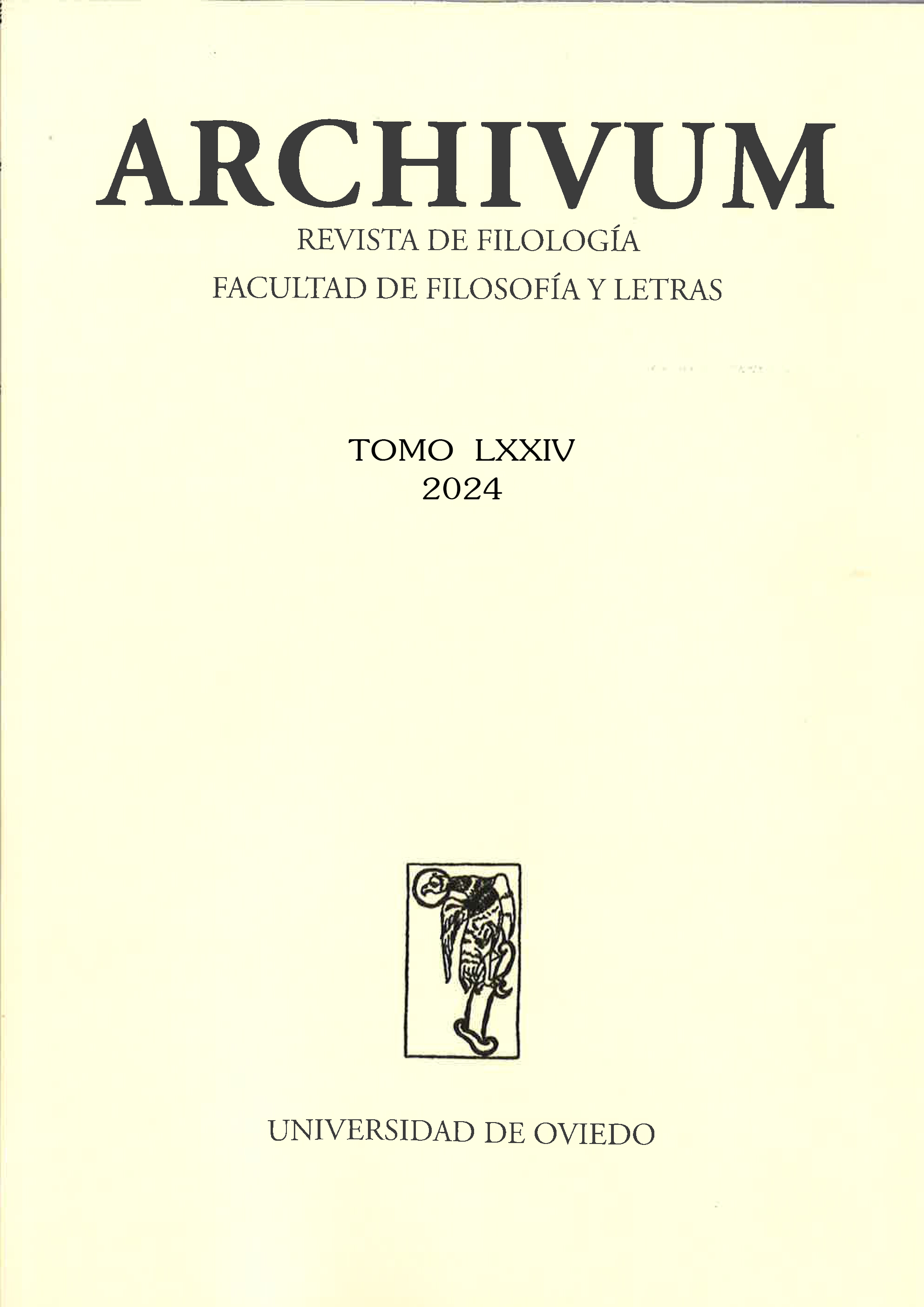Abstract
Yejide Kilanko’s novel, Daughters Who Walk this Path (2012) explores the journey of its protagonist, Morayo, towards self-reparation and self-love amidst the backdrop of sexual abuse and societal expectations in Nigeria. This article delves into Morayo’s formation of emotional and sentimental attachments as an adult. I argue that her narrative serves as a powerful exploration of self-love amid intersecting societal pressures. For this, the focus is on Morayo’s struggle to confront her trauma against the backdrop of societal expectations of Nigerian “good citizenship” (Ahmed, 2014: 108), particularly in what concerns marriage and sexuality. My contention is that Morayo’s journey towards self-reparation is inherently self-driven as a result of the social barriers that prevent her from developing self-pride. In this respect, I explore Morayo’s agency in detaching herself from national and customary impositions, positioning her journey towards self-love as a critique of societal expectations, testifying to the transformative power of personal agency. Drawing on key events in Nigerian history during the 1990s, the article examines Morayo’s evolving journey towards self-reparation and contrasts it with the Nigeria’s own reparative trajectory. Additionally, the article analyzes Morayo’s relationship with Kachi, her childhood love, and the tensions arising from his adherence to societal norms of masculinity and romance. In this sense, the focus turns to how Morayo’s path toward self-love is threatened by Kachi’s willingness to follow Nigerian customary laws on masculinity (Uchendu, 2008: 15) and social expectations involving marriage and romantic love. Against this backdrop, the Morayo’s sense of self-preservation and her love for Kachi will be introduced as positively contributing to repairing the damage that expectations of Nigerian masculinity exert upon Kachi’s self-esteem.
References
Adediji, A. (2015). The politicization of ethnicity as a source of conflict: The Nigerian situation. Springer VS.
Adibe, J. (2012). Nigeria Without Nigerians?: Boko Haram and the Crisis in Nigeria’s Nation-Building. Adonis & Abbey Publishers Ltd.
Ahmed, S. (2014). The Cultural Politics of Emotion. Edinburgh University Press.
Bourne, R. (2015). Nigeria: A New History of a Turbulent Century. Zed Books.
Cornwall, A. (2003). To Be a Man is More than a Day’s Work: Shifting Ideals of Masculinity in Ado-Odo, Southwestern Nigeria. In Lisa A. L. and Stephan F. M. (Eds.), Men and Masculinities in Modern Africa (230-248). Heineman.
Edosa, E. (2017). National Integration, Citizenship, Political Participation and Democratic Stability in Nigeria. In Uyilawa U. and Bonny I. (Eds.), Minority Rights and the National Question in Nigeria (183-206). Palgrave Macmillan.
Envuladu, E. A.; Van de Kwaak, A.; Zoakah, A. I.; and Zwanikken, P. (2017). Exploring the Factors Influencing Adolescent Sexual Behavior in Plateau State Nigeria. American Journal of Medicine and Medical Sciences 7 (1), 1-6.
Eze, C. (2016). Ethics and Human Rights in Anglophone African Women’s Literature: Feminist Empathy. Palgrave Macmillan.
Falola, T., and Heaton M. M. (2008). A History of Nigeria. Cambridge University Pres.
Giddens, A. (1992). The Transformation of Intimacy: Sexuality, Love and Eroticism in Modern Societies. Stanford University Press.
Hassan, I. (2018). Human Rights Status in Nigeria since Obasanjo’s Second Coming. In C. Levan and P. Ukata (Eds.), The Oxford Handbook of Nigerian Politics, (457-473). Oxford University Press.
Hill, J.N.C. (2012). Nigeria Since Independence: Forever Fragile? Palgrave Macmillan.
Idowu, W. O. (1999). Citizenship, Alienation and Conflict in Nigeria. Africa Development 24 (1), 31-55.
Kilanko, Y. (2012). Daughters Who Walk this Path. Penguin.
Miescher, S. F., and L. A. Lindsay. (2003). Introduction: Men and Masculinity in Moder African History. In Lisa A. Lindsay and Stephan F. Miescher (Eds.), Men and Masculinities in Modern Africa, (1-29). Heineman.
Okoosi-Simbine, A. T. (2011). Corruption in Nigeria. In Said Adejumobi (Ed.), State, Economy, and Society in Post-Military Nigeria, (157-179). Palgrave Macmillan.
Olasupo, F. A. (2013). Women’s Associational Life within Traditional Institutions in Yorùbá States. In M. Olúfúnké Okome (Ed.), Contesting the Nigerian State Civil Society and the Contradictions of Self-Organization, (173-198). Palgrave Macmillan.
Olukotun, A. (2013). State Failure and the Contradictions of the Public Sphere, 1995–2005. In M. Olúfúnké Okome (Ed.), Contesting the Nigerian State Civil Society and the Contradictions of Self-Organization, (57-78). Palgrave Macmillan.
Osinubi, T. A. (2018).The Promise of Lesbians in African Literary History. College Literature 45 (4), 675-686.
Sahara Reporters. (2008). Jos Crisis and the Future of NYSC. Sahara Reporters, December 9, 2008. Accesed 16 June, 2019. http://saharareporters.com/2008/12/09/jos-crisis-and-future-nysc.
Schwab, P. (2004). Designing West Africa: Prelude to 21st-century Calamity. Palgrave Macmillan.
Smith, D. J. (2010). Promiscuous Girls, Good Wives, and Cheating Husbands: Gender Inequality, Transitions to Marriage, and Infidelity in Southeastern Nigeria. Anthropol 83 (1), 123-152.
Smith, D. J. (2017). To Be a Man Is Not a One-Day Job: Masculinity, Money, and Intimacy in Nigeria. The University of Chicago Press.
Uchendu, E. (2008). Are African Males Men?: Sketching African Masculinities. In E. Uchendu (Ed.), Masculinities in Contemporary Africa, (1-18). Council for the Development of Social Science Research in Africa.

This work is licensed under a Creative Commons Attribution-NonCommercial-NoDerivatives 4.0 International License.


